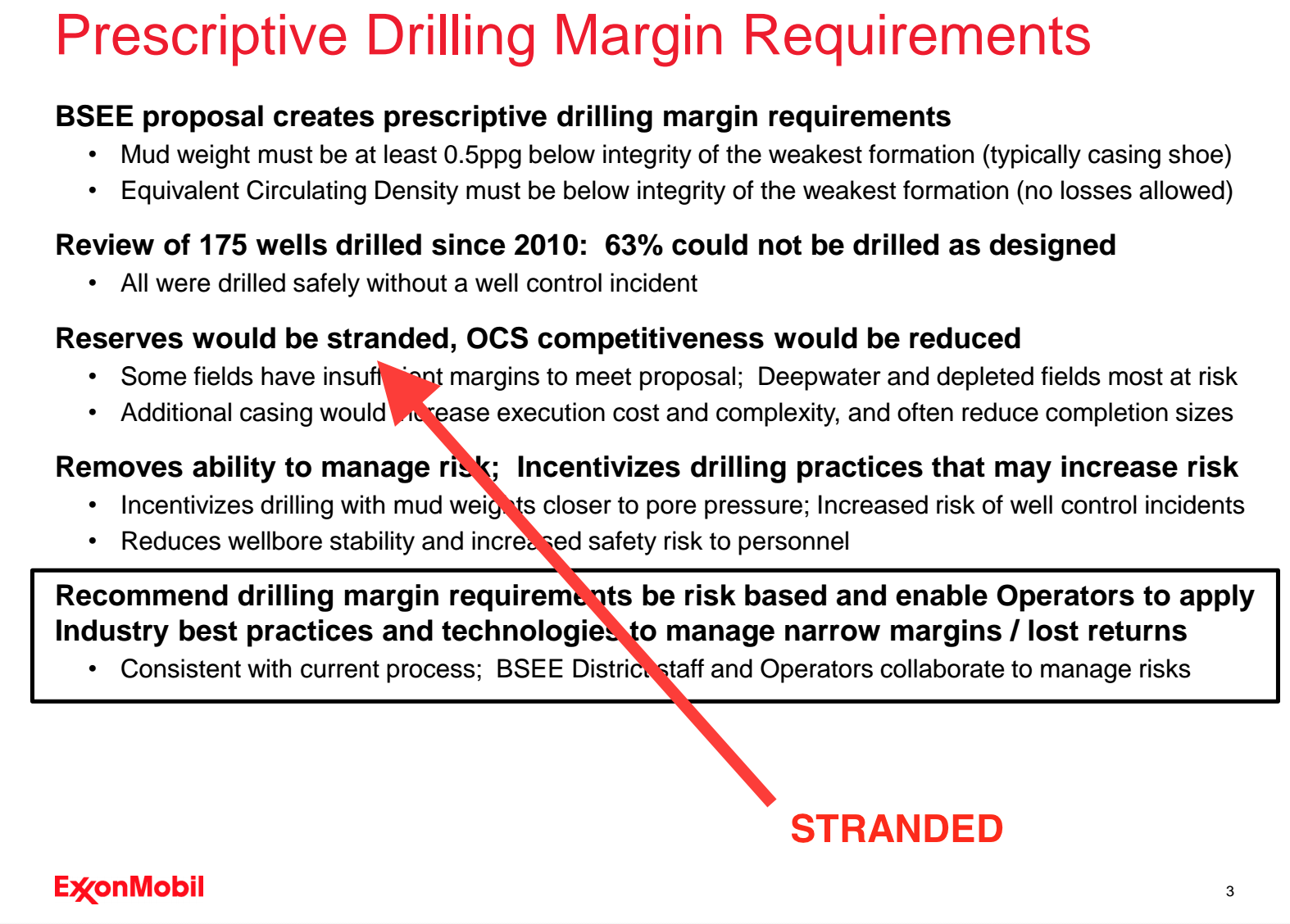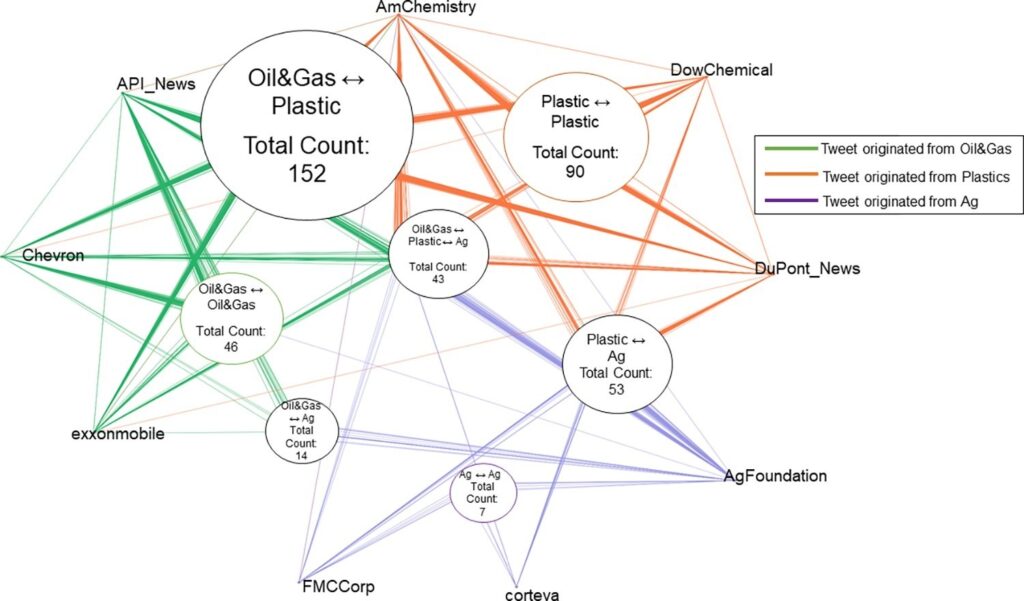After learning that Exxon misled the world about its advanced understanding of climate change science for decades, it shouldn’t be too surprising to learn that the company is being less than truthful about what the reality of climate change means to its oil-based business model now.
In the wake of the Paris Agreement to meet or beat a two degree Celsius limit on global warming, the science is clear that to achieve this goal, a lot of known fossil fuel reserves will have to remain in the ground. From the industry’s perspective, that will mean “stranded” assets.
And while groups like Ceres have made progress to get oil and gas companies to acknowledge this reality via investor led efforts, Exxon has adamantly claimed that none of its assets will be stranded.
Exxon makes this position clear on its corporate website:
“we are confident that none of our hydrocarbon reserves are now or will become “stranded.”
However, what a corporation says in public — and what it says in private meetings when arguing against new safety regulations — is typically very different.
In response to the BP Horizon oil disaster, the Bureau of Safety and Environmental Enforcement is preparing new regulations to prevent accidents like that in the future. And, of course, Republicans in Congress are arguing against such regulations in public discussions.
Exxon and other oil companies are meeting in private with regulators to do the same. On March 7th members of Exxon met with regulators at the Office of Information and Regulatory Affairs to discuss the regulations titled “Blowout Prevention Systems and Well Control.”
In a seven page presentation arguing against this regulation, Exxon made the admission that this additional safety requirements would be costly — and would result in some of its assets becoming stranded.
So while Exxon has publically stated that none of its assets will ever be stranded due to policies required to achieve a two degree scenario, in private they admit something as minor as a new safety regulation would leave assets stranded.
History has shown that the oil industry — with the help of its operatives in Congress — has a great track record of weakening safety regulations. This time will likely be no different.
However, we also now know that 17 attorneys general are “exploring working together on key climate change-related initiatives, such as ongoing and potential investigations into whether fossil fuel companies misled investors and the public on the impact of climate change on their businesses.”
Regardless of the outcome of this regulation it is clear that even Exxon is internally acknowledging that forces outside of its control could result in assets becoming stranded — which contradicts the statement on its corporate website.
Seems like the attorneys general might be onto something.
Blog Image: Curve Digital
Subscribe to our newsletter
Stay up to date with DeSmog news and alerts








